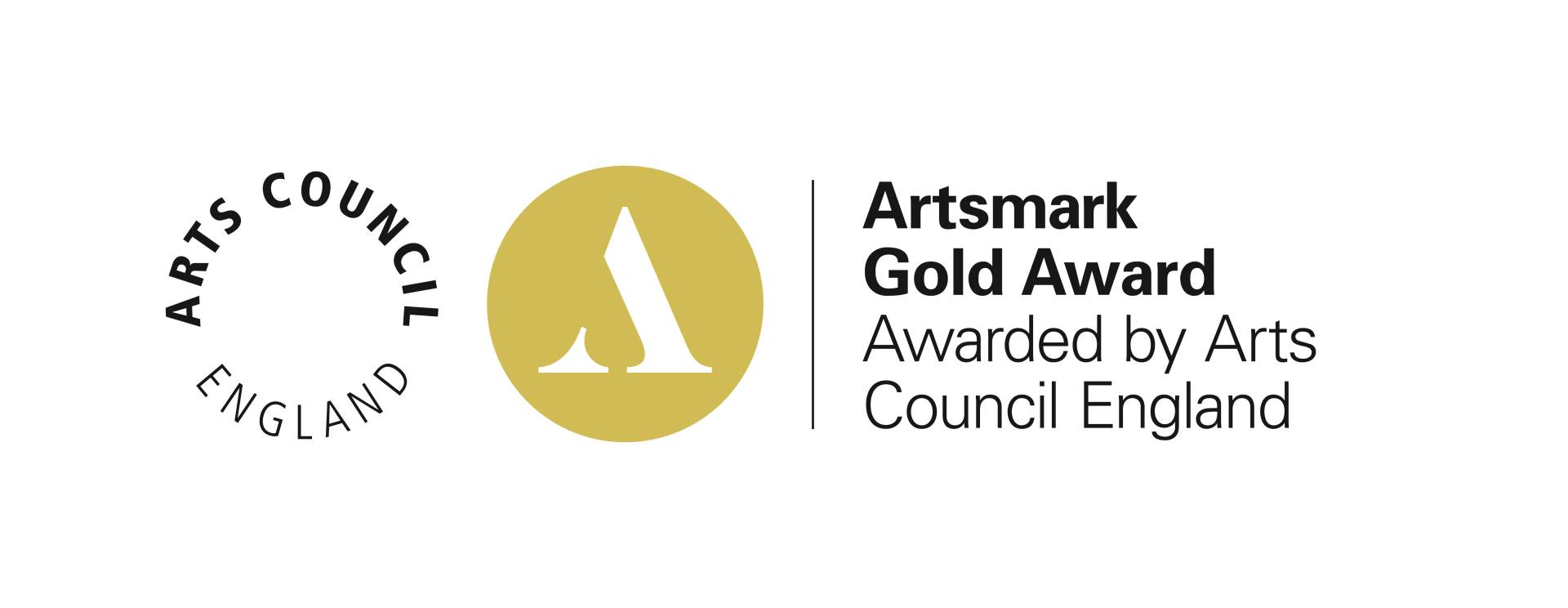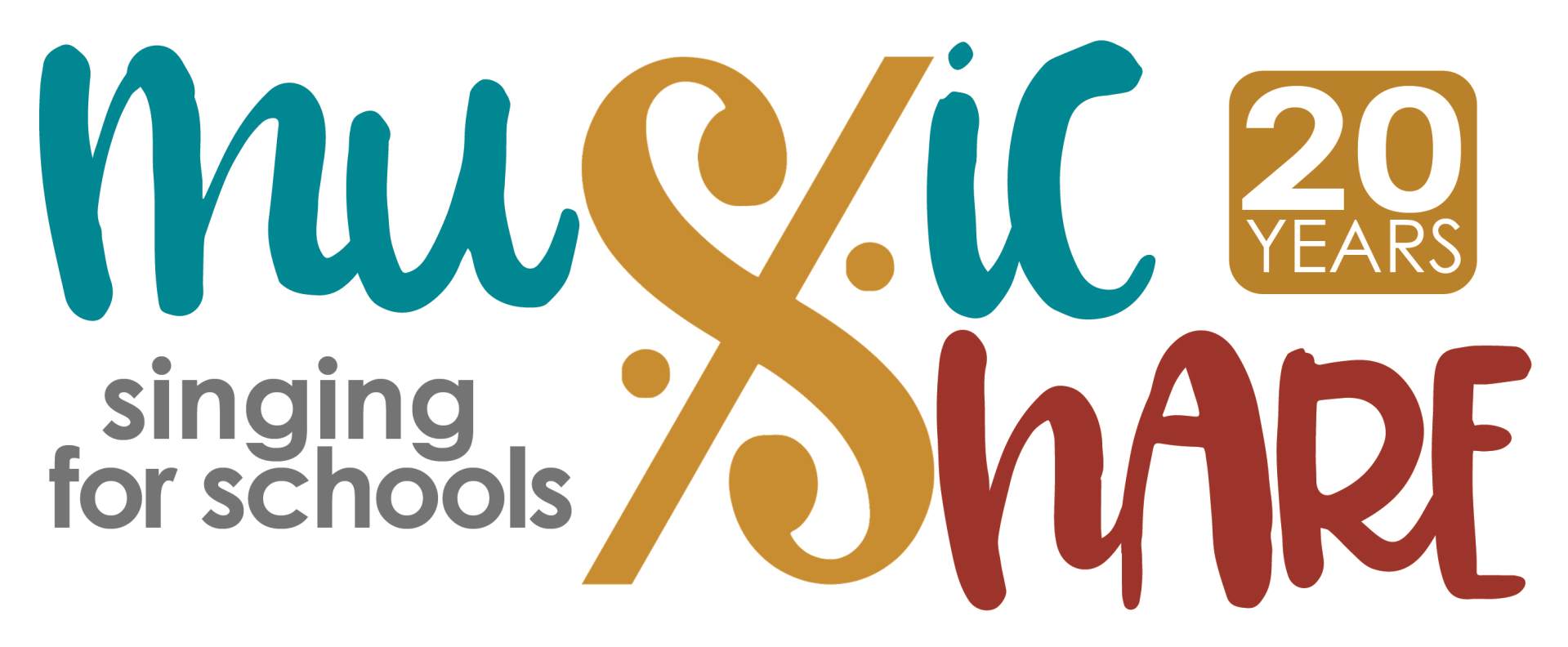Children’s Mental Health Week 2024
Children's Mental Health Week seeks to empower, equip and give a voice to all children and young people in the UK. This year’s theme is “My Voice Matters”. Every child has the right to express their views, feelings and wishes in all matters affecting them, and to have their views considered and taken seriously (Article 12 UNCRC). This is incredibly important because:
“There is a growing body of evidence that routinely taking children’s views and experiences into account – within the family, at school and in other settings – helps develop children’s self-esteem, cognitive abilities, social skills and respect for others. Through participation, children acquire skills, build competence, extend aspirations and gain confidence. A virtuous circle is created. The more children participate, the more effective their contributions and the greater the impact on their development.” A resource guide on the UN committee on the rights of the child general comment no.12, 2011
During this week through assemblies, Form time and in lessons, discussions have focused not only on children and young people expressing themselves, but how to actively listen to each other and to take what is said seriously, to better understand each person’s mental health and how they want or need to be supported.
The organisation behind Children’s Mental Health Week visited primary and secondary schools to ask students what they wanted from the week – to help shape the activities created for schools and the advice provided for parents, carers and families. Here’s what children and young people said they needed from their parents:
“We don’t need to have ‘one-off conversations about our mental health' – sometimes a chat on a journey or at bedtime is enough.”
“I need to know it’s okay to talk to you about any and all of my feelings. Please hear what I have to say, without interrupting me.”
“Please listen to me carefully and acknowledge how I am feeling – it might seem silly to you but what I am going through is important to me.”
“Playing with pets can make me feel better. Same with playing football, basketball or whatever type of sport I am into.”
“Don’t compare my experiences to your own when you were a child.”
“Sometimes I just need you to listen and hear what I’m saying – I don’t always need answers (or lectures).”
“Please don’t worry about trying to fix things for me – I often just need to know you are there for me and understand what I am going through.”
“If you are open with me about your feelings, this can help me to be more open about mine.”
“Sometimes I don’t want to talk. Please trust that I will come to you (or another grown-up or someone my own age) when I’m ready. Sometimes it’s easier for me to talk to someone nearer my own age – my siblings, cousins, friends, younger teachers at school - because they ‘get it’.”
“Sometimes a hug is all it takes to make me feel supported.”
Some ways to start a conversation with your child about mental health:
- Tell me about your day.
- What was the best thing about today?
- What is the biggest stress / worry in your life right now?
- What’s your online life like?
- Who would you talk to if you were feeling worried about your mental health?
- What can I do to help you?
Useful resources
https://www.childrensmentalhealthweek.org.uk/
https://www.childrensmentalhealthweek.org.uk/families/
Wellbeing activities to help children and young people think about and share what matters to them:
For primary children: https://www.childrensmentalhealthweek.org.uk/primaryart
For secondary children: https://www.childrensmentalhealthweek.org.uk/secondaryart
Inservi Deo et laetare














